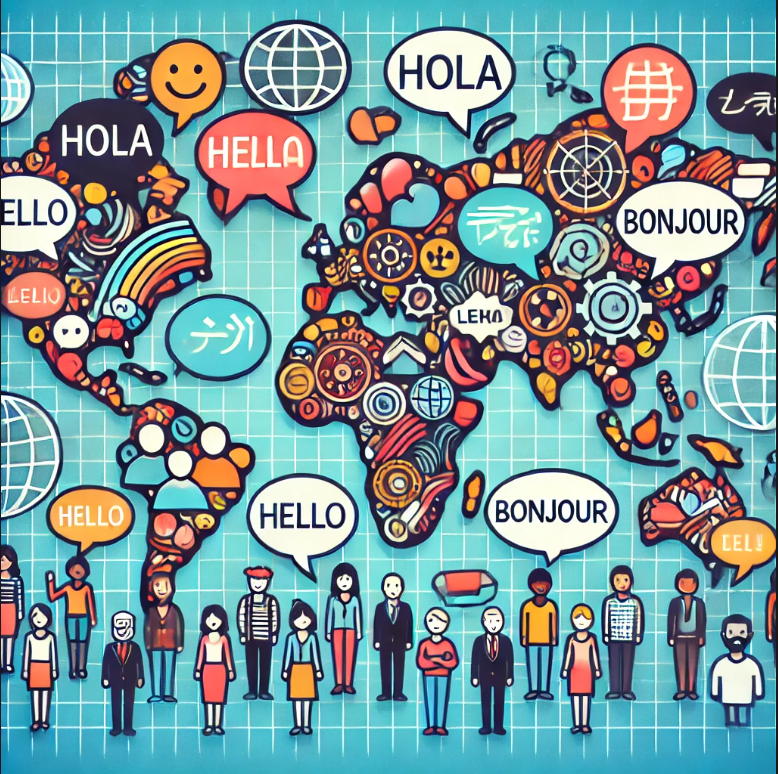
In an increasingly globalized society, linguistic barriers can hinder communication between businesses from different parts of the world. The internationalization of products and services expands the market, driving demand for linguistic services. This is where translators play a crucial role. They act as the voice and bridge between companies speaking different languages, ensuring accurate message delivery while respecting cultural and linguistic contexts. When hiring a translator, businesses have several options. They can choose between translation companies or freelance translators. Deciding between the two can be challenging, so we will explore which option may be more suitable.
Translation companies
On the one hand, there are translation companies. These specialized language service providers focus on translating documents, texts, and content into different languages. Their teams include professional translators, often native speakers or experts in their working languages, along with editors and project managers who ensure quality throughout the process. Besides written translation, these companies typically offer services such as interpreting, software localization, transcription, subtitling, and technical or legal translation. They tailor their services to meet each client’s specific needs.
How does a translation company work?
The process of working with a translation company begins when the client provides the material to be translated, along with specific requirements such as the target language, tone, and terminology preferences. A project manager assigns the task to a translator who specializes in the relevant sector. This translator ensures accuracy and maintains consistency with the original content. After completing the translation, another professional reviews and proofreads it to guarantee quality. The company then delivers the final document to the client, who can request modifications if needed. Many translation companies rely on technological tools, such as translation memory and project management software, to streamline processes and maintain consistency in future projects. They also prioritize confidentiality, protecting sensitive information through confidentiality agreements and data protection measures.
Freelancer translator
On the other hand, there is the freelance translator, an independent professional who translates texts without being exclusively linked to a company. Unlike a translation company, they work on their own, managing their own clients and projects. Their main characteristic is their flexibility, as they can choose their own schedules, rates and specialisation in certain sectors such as legal, medical, technical or audiovisual translation. In addition, a freelance translator must have a high command of the languages he or she works with, knowledge of specific terminology and research skills to ensure accurate translations. They also often use computer-assisted translation tools (CAT tools) to improve efficiency and consistency in their projects.
How does a freelance tranlator work?
The work process of a freelance translator begins with receiving an order, either from a translation agency or directly from a client. He or she then analyses the text, researches technical terms and carries out the translation, ensuring faithfulness to the original message. Once the work has been completed, she proofreads it to correct any errors and ensure quality. Finally, he/she delivers the document and handles invoicing. In addition to translating, a freelance translator must take care of client research, personal marketing and business administration.
Conclusion
Translation companies and freelance translators both play key roles in global communication. They facilitate understanding between different languages and cultures. Translation companies provide structured teams and advanced technology. Freelance translators, on the other hand, offer flexibility and autonomy. Both must deliver quality, accuracy, and confidentiality, adapting to client needs. The rising demand for translation in commerce, technology, and law shows their growing importance. In an interconnected world, accurate language interpretation is essential for success.



